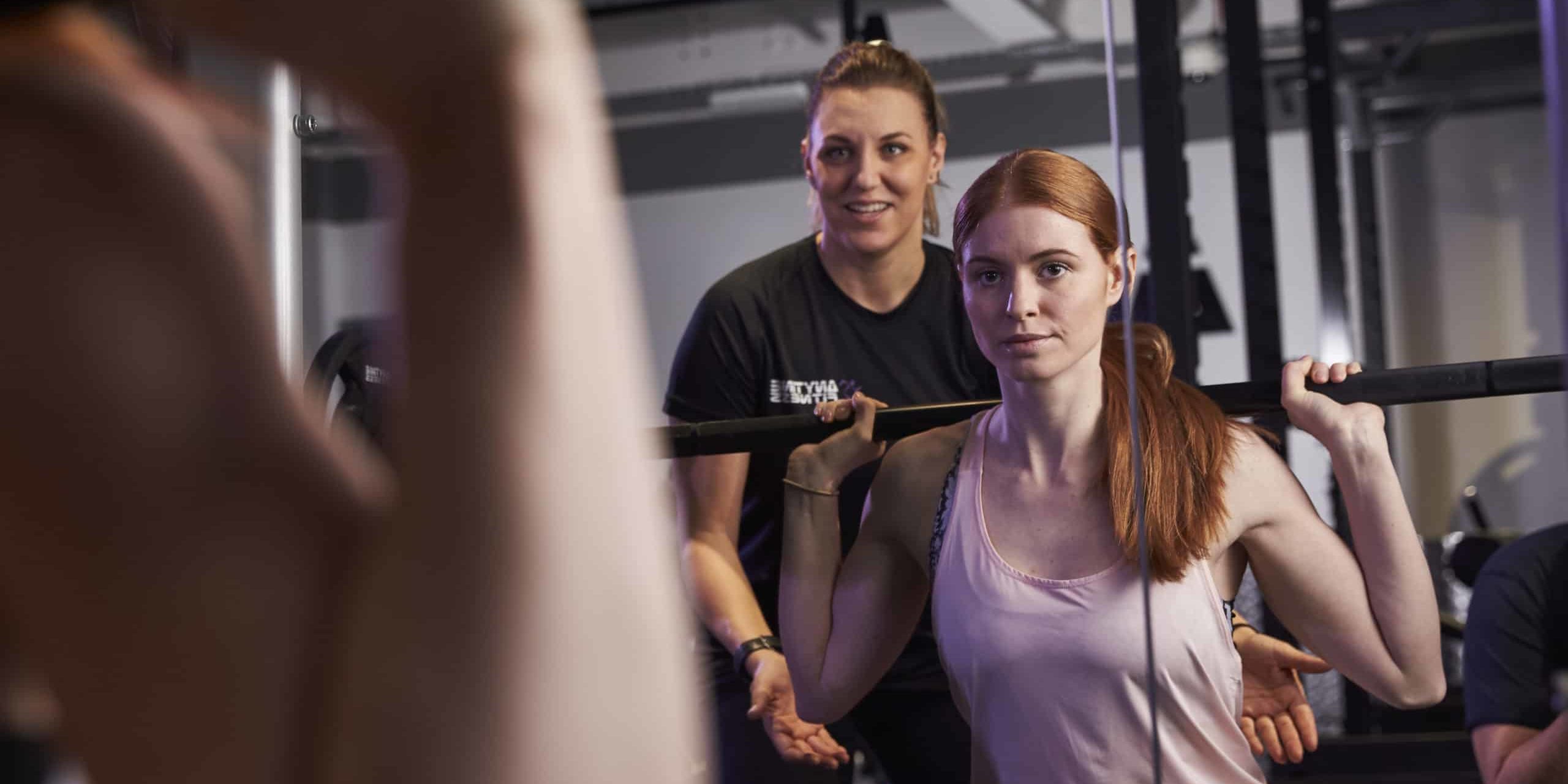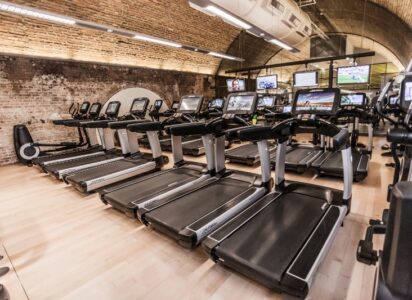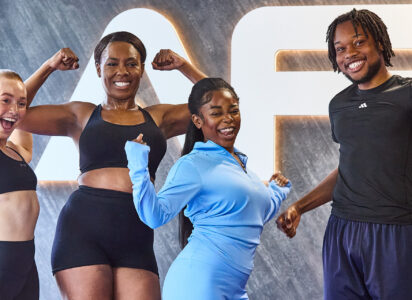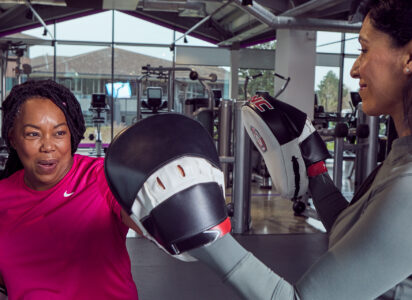What do you know about hormonal cycles and training? You might think about the time of day you train or figure out what days of the week work best for you by listening to your body, but may not have considered the effects of a monthly hormonal cycle as well. For people with a menstrual cycle, you may have noticed you feel different depending on which phase you’re in. This is because the natural hormonal cycle affects energy, motivation, exercise and daily life. If you have no idea what we’re talking about, don’t stress as it’s not too complicated. Keep reading to learn a little, and maybe even have some of your not so energetic training days explained.
The information here is not designed to be a one size fits all guide and should not be used to treat or diagnose your own experiences. As always, you should make sure to consult a GP if you have any concerns.
Days 1-14
The first stage of your cycle is called the Follicular phase. This starts on the first day of your period and will end at ovulation. You will start to feel increasingly better as you go through this stage, your skin will start to glow again and your energy levels will improve as each day goes on. This is your time to shine and when you will most likely end up feeling at your best. It’s a great time to start something new, set yourself new goals and put a plan of action in place. During this stage, you may need to do longer warm ups and try not to overstretch. Injuries can be high at this time as oestrogen levels are high and tendon collagen synthesis is low. Basically, it means you are more prone to have an injury. This is also a good time to eat probiotic-rich foods such as yoghurts, oily fish and nuts.
Day 14
Around day 14 is when ovulation happens although this will vary from person to person and month to month. Oestrogen levels are still at a high at this stage so you will be feeling that natural energy boost. Progesterone levels remain low so the body can still handle more challenging workouts.
Days 14-28
The Luteal phase, days 14-28. The luteal phase begins as the egg starts travelling down the fallopian tube. This phase ends when your next period begins. This phase will be where you’re most likely to struggle with motivation. Towards the end of this phase, you might feel bloated, get sugary cravings, acne, struggle with lack of sleep, hot flushes and the list goes on – mostly all due to a dip in oestrogen levels. Because progesterone increases it’s really important to keep yourself hydrated. This is a time when you need to listen to what your body needs and try not to put any added stress on yourself. You don’t need your cortisol levels to increase and cause any extra stress. This is the perfect time for yoga and light exercise if you don’t feel up to a heavy workout. Don’t worry if you step on the scales and see you are retaining weight as water retention during this time is very common.
Weighing yourself
Weighing yourself isn’t always the best metric to track progress in the first place. Unless you are going for surgery, need to monitor your BMI for medical issues or are entering a weight class competition you might want to consider a range of tracking options. An alternative to the scales would be to take before and after pictures and track how you feel in your own skin on a regular basis. This is a great indication of how well you are doing. If you are going to look at the scales weigh yourself week 1 month one against week 1 month 2. Week 2 month one against week 2 month 2 etc. This way you are monitoring your weight around your cycle and it should give you a more accurate figure of weight. That being said, the more you train the more your muscle mass will increase and naturally body fat will drop. Regular scales cannot tell you what is body fat and what is muscle so if you want to know more about this step on a body scanner at the club.
Overall, the idea is that if you have a menstrual cycle, you go through a lot of changes each month and sometimes you just need to listen to your body. You can always train whatever stage you are at, you don’t need to sit out unless you feel unwell but equally you may need to expect performance to vary slightly depending on the time of the month. If you can learn to understand how you feel at certain times during your cycle then you can adapt your training, accept any variations and continue to progress with your goals.







Thanks India for this article, very interesting read, as it’s a struggle at the nest of times when you main goal is to lose weight, and your not seeing any immediate results from your workouts. However, this all could be the result of changes with hormones which I did suspected, thanks again.